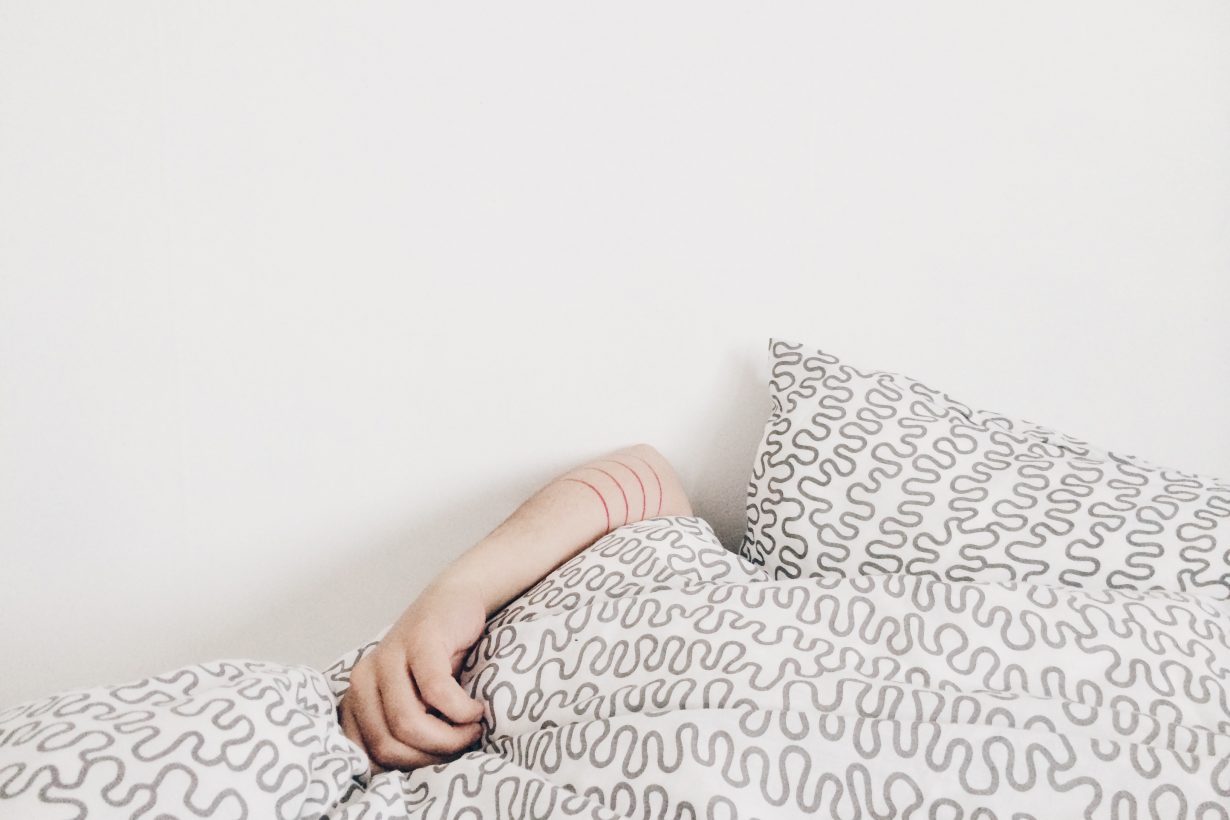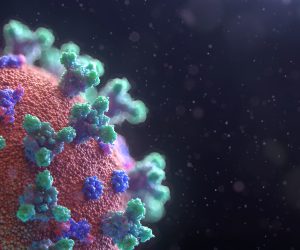
Using Technology & Temperature to Solve Sleeping Problems
Dr. Caroline Leaf – Usually, your body temperature drops when you fall asleep and stays low during the night, and starts rising before you wake up to prepare you for the day ahead.
Not getting a good night’s rest can dramatically impact our mental and physical health, which is why in this week’s podcast I sat down with Matteo from 8Sleep to discuss how advances in technology and data-gathering can help us sleep and feel better, and how sleeping well is not only possible but also achievable.
8Sleep is a company that offers high-quality products and tools to help you achieve “sleep fitness” and get the best night’s rest possible, based on technological advances and the latest research on sleep (they are currently running several clinical trials with local hospitals and universities such as Stanford on their sleep technology).
We hear so much about how technology like cellphones and computers can mess up our sleeping patterns, but technology can also be beneficial, as Matteo notes. It can be used to enhance the overall quality of our sleep by using technology to track our sleeping patterns (by examining our heart rate and percentage of REM, for instance) to see where andhow we can improve our rest by offering us personalized solutions to our specific sleep needs.
8Sleep‘s unique pod technology, for example, continually regulates body temperature throughout the night to maximize the quality of our sleep. Why is this important? Studies have shown that thermal regulation can help us get up to 20% more deep sleep at night, which should come as no surprise to us. I am sure we have all woken up in the middle of the night in a sweat because we feel too hot, or are jolted awake shivering because we are so cold when the blanket has fallen off!
8Sleep‘s technology also has an in-built alarm to wake you up in the moment of light sleep, while regulating the temperature to get you out of bed faster and with more energy (we have all had those moments when we wake up feeling groggy because the alarm went off just when we were in that deep REM state of sleep—it’s not very fun!). Lowering the temperature of the bed increases your heart rate, helping wake you up naturally by gently getting you out of REM sleep.
Indeed, temperature is so important when it comes to sleeping, and unique to every individual. My one daughter loves sleeping in a warmer environment, while my other daughter and my son can’t fall sleep at all unless it’s cold. Additionally, our body temperatures keep changing during the night, which can be tricky when we really need a good night’s rest and keep waking up when we feel too hot or too cold.
Usually, your body temperature drops when you fall asleep and stays low during the night, and starts rising before you wake up to prepare you for the day ahead. 8Sleep‘s specific pod technology follows this circadian rhythm, helping you achieve these different temperatures faster and in a way that is unique to your specific body type, which is different to regular foam mattresses, which just absorbs body heat and just gets warmer and warmer as you sleep.
Why is thermal regulation and deep sleep so important? As I discussed in a previous blog, poor sleeping patterns can dramatically affect the way the brain functions on a day-to-day basis. We cannot fully eliminate toxins and build strong memories if we don’t sleep well, which affects not only the physical health of the brain and body but our mental health as well. Good quality sleep is essential for physical and mental regeneration!
So, what are some things you can start doing today to improve your mental and physical health through sleep fitness?
1. Track your sleeping patterns: use technology like 8Sleep‘s app to track your sleeping patterns and flag negative sleep habits you yourself cannot observe. Like everything in life, we can’t sleep better until we know what is going wrong while we rest, but we cannot observe this first hand since we are, well, asleep, which is why technology can be so useful. As we sleep, this kind of technology can track our temperature, heart rate, breathing and so on over time and provide us with reliable data on the quality of our sleep and where we can improve.
2. Sleep between 7 and 9 hours a night: this will help you feel refreshed and awake throughout the day, and help you avoid that afternoon slump as you try complete your tasks.
3. Get into a sleep rhythm: try wake up at the same time every day, which trains your brain and body to rest in a healthy and constructive way. Avoid the temptation to oversleep over the weekend, as this can throw your body’s rhythm out of whack and make you feel tired and groggy throughout the day.
4. Take thinker moments throughout the day: many of us tend to panic at night as we are trying to go to sleep because our brains are exhausted from chaotic thinking patterns during the day. This is why is it is so important to take “thinker moments”, when we switch off to the external and switch on to the internal and just let our minds wander and daydream. These moments give your brain a rest and allow it to reboot and heal, which increases your clarity of thought and organizes the networks of your brain before you go to sleep, rather than just letting toxic mindsets build up in the brain. This, in turn, boosts the regeneration process as you rest, helping you wake up feeling reinvigorated and ready to take on the day. For more information on thinker moments and how to make them a part of your daily routine, see my book, Think, Learn, Succeed.
5. Detox the mind: as I mentioned in a recent blog, it is also important to detox our minds if we want to sleep well, as cluttered and disorganized thinking habits can dramatically affect the quality of our rest. My new app Switch is a great tool for helping you go through this process. It is based on my 5-step program, which is designed to help you identify and eliminate the root of your toxic thought patterns, and help you build a healthy new thinking habits through the mental process of reconceptualization.
6. Stop worrying: don’t panic about your sleep patterns or lack of sleep, and stop reading about all the bad things that can happen to you if you don’t sleep! The more you try to use this to force yourself to sleep, the less you will sleep! We never do anything well if we are working under a cloud of fear or foreboding. Indeed, this is called the “white bear effect” – if you tell yourself not to think about a “white bear” you will inevitably think about! Just try not thinking about how sleep can cause heart disease now that I have mentioned it!
I am not saying that sleep isn’t incredibly important, nor am I saying that what I have just described is not important. However, you need stop worrying about not sleeping, and stop reading what the lack of sleep is going to do to you, because this can mess with your head, and is pretty much a guarantee you are not going to sleep well. Rather, focus on how powerful your mind is—it is the 99% of who you are. Your mind controls your brain and body, not the other way around.
7. Use natural supplements and foods/drinks to help you sleep: natural supplements such as melatonin or GABA may help you fall asleep at night, and are safer and create less dependency than sleeping pills (although you should consult with a medical professional if you feel that these may impact your health in any way).
Certain teas like chamomile or other herbal teas can also be beneficial, as well as avoiding foods or drinks that may keep you awake at night. And it is also important to remember that a full stomach can affect sleeping patterns, so try eat earlier dinners if possible, or try intermittent fasting at night if you are able to do so. As with everything, you should take a holistic approach to sleep, and focus on how your lifestyle as a whole may be impacting your quality of sleep, which includes your diet.
At the end of the day (literally and figuratively when it comes to sleep!), it is important to remember that there is no quick fix for detoxing your mind and brain and getting healthy sleep. Good sleep is a lifestyle, not a life hack. It is basic mental self-care, as necessary as bathing and cleaning your teeth. It keeps your brain healthy and heals the brain damage from toxic thinking!
To read the original article click here.
For more articles from Dr. Leaf click here.






